To Help Students Grow, Start Where They Are
Welcome back! We’re starting the new year with a new provost, and a recently new president. FSU is changing and growing, so we thought it might be useful to frame the new term with some contemplation of the role of change in learning, and of what it means for teaching.
As we’ve noted before, real learning is a process of change: We are transformed by learning, empowered to perceive patterns or distinctions we couldn’t see before, able to make different decisions and approach problems differently. Teaching means helping our students to change and grow—not just intellectually and professionally, but personally as well. To teach effectively, we must first get to know our students, both to develop relationships and classroom community, and to gain an accurate sense of what our learners know, or think they know, at each stage of our courses.
Since we can’t measure change without a baseline, our first, most important task is to learn about our students. Who are they? What motivates them? What prior knowledge are they bringing to our courses? How do they need to grow? What can they do, and what can’t they do yet?
If we don’t get accurate information on where our students are starting, we may be setting them, and ourselves, up for frustration and disappointment. This is because we might make assumptions—and design the course based on them—that turn out to be wrong. Sometimes faculty see what students cannot do yet as an unsolvable problem, a stumbling block on their path to learning, so it may help to reframe: Finding out what students don’t know yet, and can’t do yet, is detective work that we should always be doing, so we can use that information to build more effective learning experiences, through which it will be possible for students to construct knowledge and develop skills over time through practice and feedback.
When we help students make their thinking visible, we can get a better sense of where they are and how to help them build their intellectual skills. There are many ways to do this, from concept inventories, to low-stakes quizzes, to informal writing activities in which students describe what they already know or believe about a topic before they read about it or discuss it in class, and then reflect on how their thinking has changed afterward. Faculty aren’t the only ones who should assess students’ progress; students need to assess and monitor their own learning as well. Sometimes they need our help to do that. For more ideas, you can check out Yale’s resource on classroom assessment techniques.
When you focus more on identifying the skills that students need to develop, you may find one that you’re not quite sure how to teach yet. It happens all the time, so if it happens to you, please reach out to us at pro-teaching@fsu.edu for a consultation. We’re happy to help you with resources and strategies for helping students to develop over time in your course. We look forward to working with you!
SPRING FACULTY READING GROUPS
This semester, CAT is offering the following faculty reading groups. Each group will meet once a week for three weeks to discuss the books in sections. All of the books will be print copies, normally sent through interoffice mail, so please let us know if you’ll be located outside of Tallahassee. We hope you can join us! Please register here.
Relationship-Rich Education: How Human Connections Drive Success in College
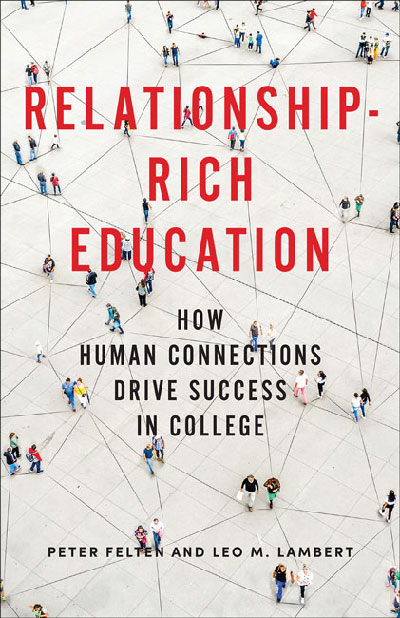 Wednesdays: 1/26, 2/2, 2/9
Wednesdays: 1/26, 2/2, 2/9
2:00–3:30 p.m. on Zoom
Print copy, delivered through interoffice mail
Click here to explore the book Relationship-Rich Education: How Human Connections Drive Success in College.
The Influential Mind: What the Brain Reveals About Our Power to Change Others
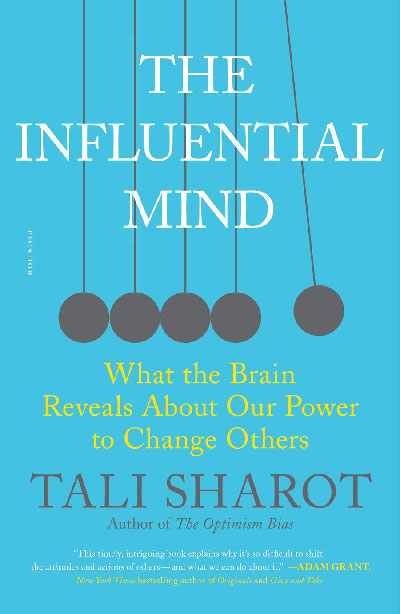 Thursdays: 1/27, 2/3, 2/10
Thursdays: 1/27, 2/3, 2/10
2:00–3:30 p.m. on Zoom
Print copy, delivered through interoffice mail
Click here to explore the bookThe Influential Mind: What the Brain Reveals About Our Power to Change Others.
Grading for Equity: What It Is, Why It Matters, and How It Can Transform Schools and Classrooms
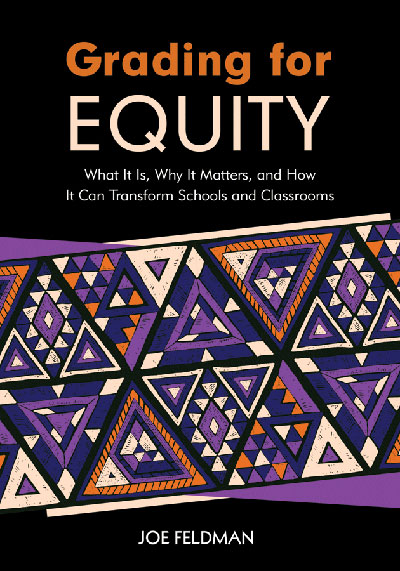 Tuesdays: 2/15, 2/22, 3/1
Tuesdays: 2/15, 2/22, 3/1
2:00–3:30 p.m., format TBD
Print copy, delivered through interoffice mail
Click here to explore the bookGrading for Equity: What It Is, Why It Matters, and How It Can Transform Schools and Classrooms.
Distracted: Why Students Can’t Focus and What You Can Do About It
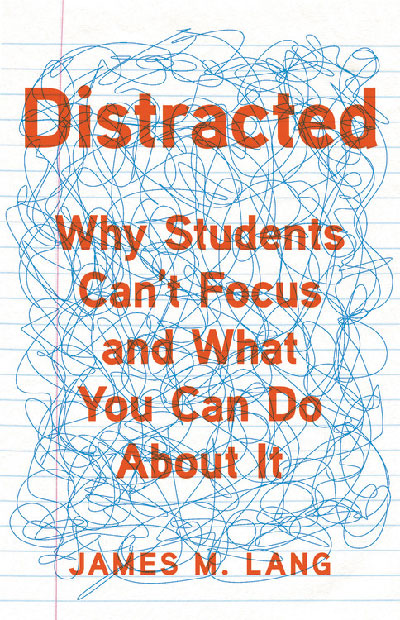 Thursdays: 2/17, 2/24, 3/3
Thursdays: 2/17, 2/24, 3/3
2:00–3:30 p.m., format TBD
Print copy, delivered through interoffice mail
Click here to explore the bookDistracted: Why Students Can’t Focus and What You Can Do About It.
Black, Brown, Bruised: How Racialized STEM Education Stifles Innovation
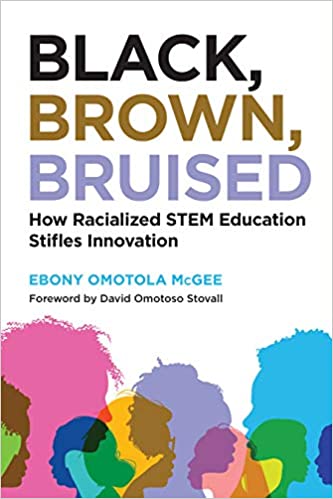 Thursdays: 3/31, 4/7, 4/14
Thursdays: 3/31, 4/7, 4/14
12:00–1:30 p.m. on Zoom
Print copy, delivered through interoffice mail
Click here to explore the bookBlack, Brown, Bruised: How Racialized STEM Education Stifles Innovation.



